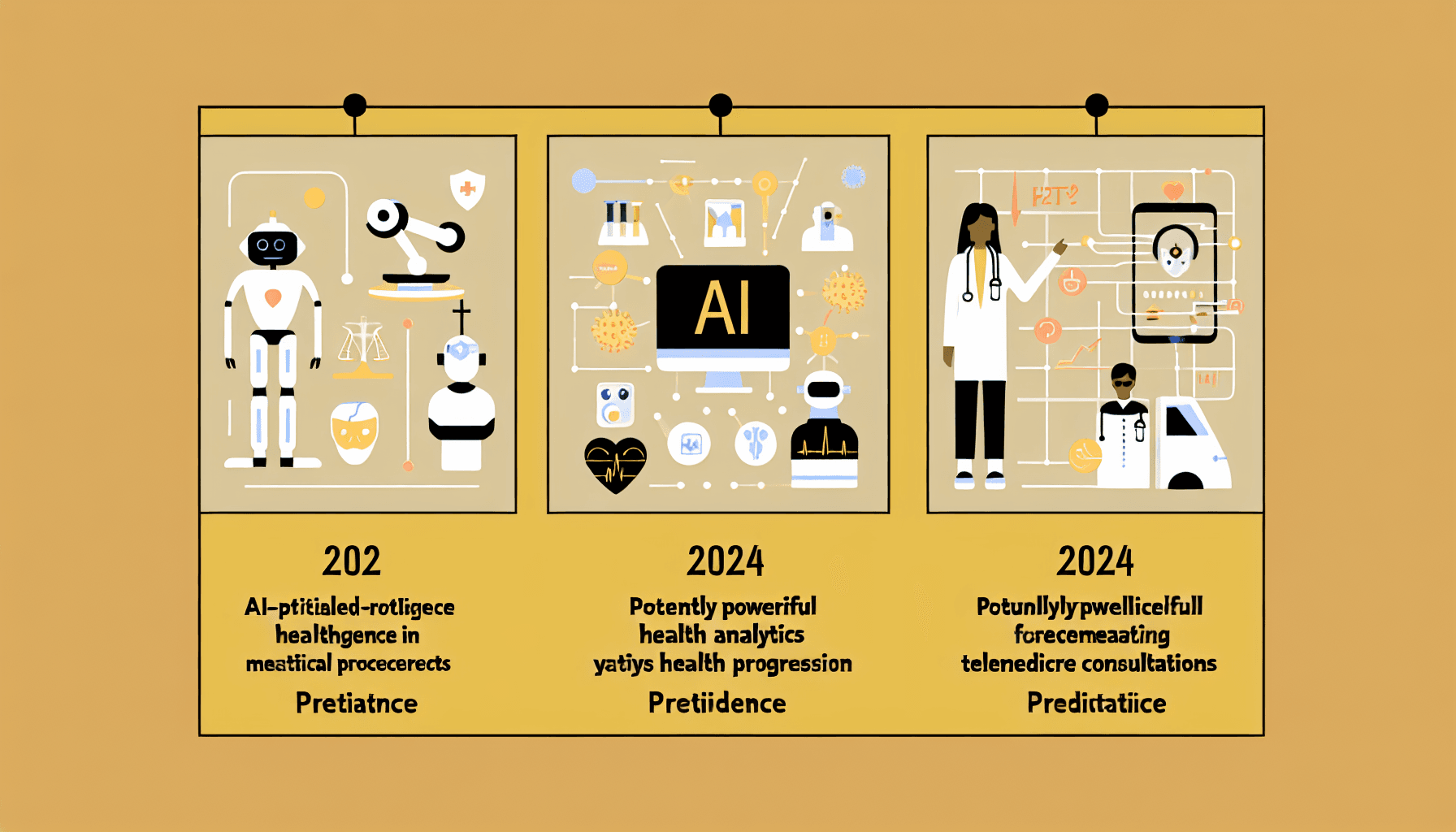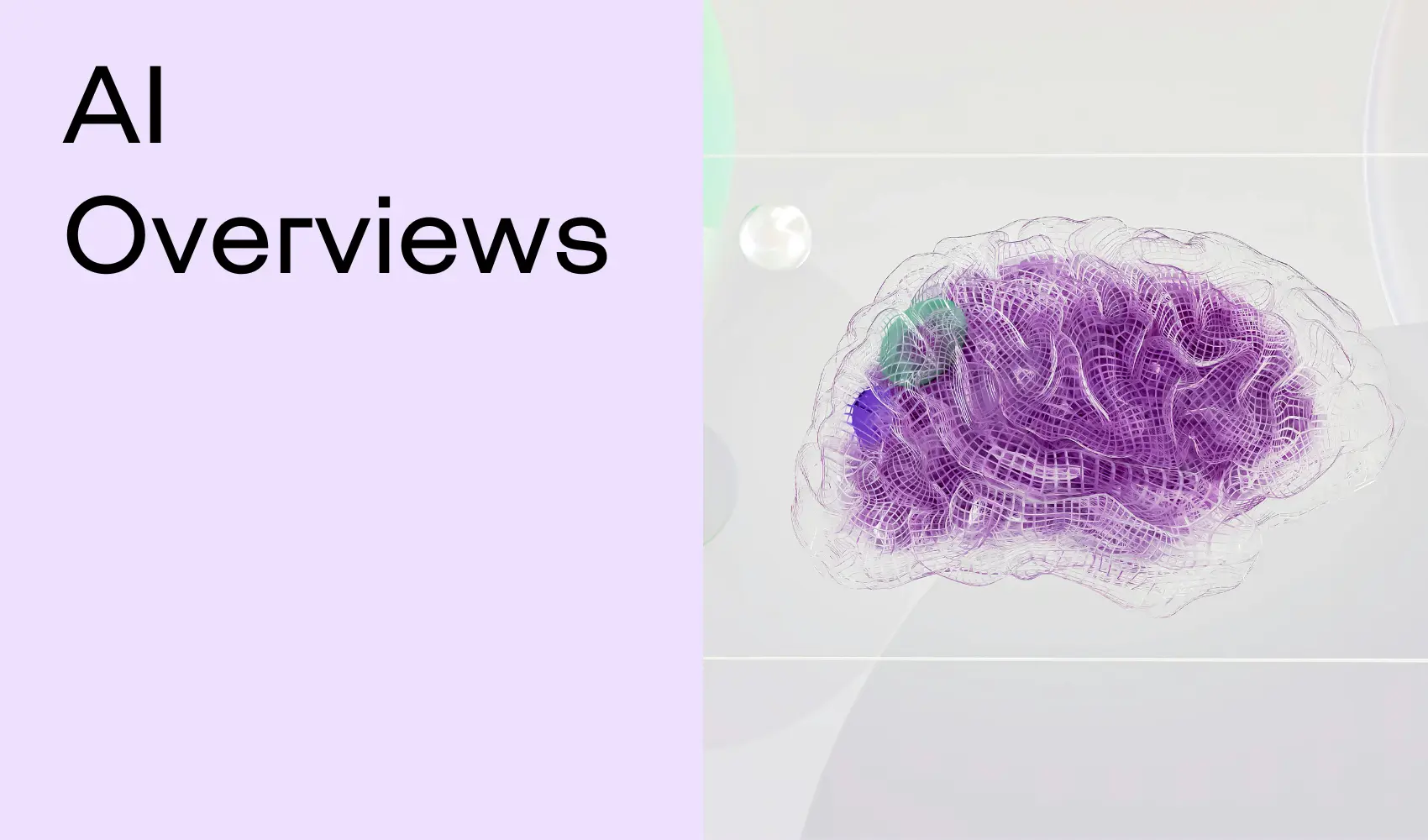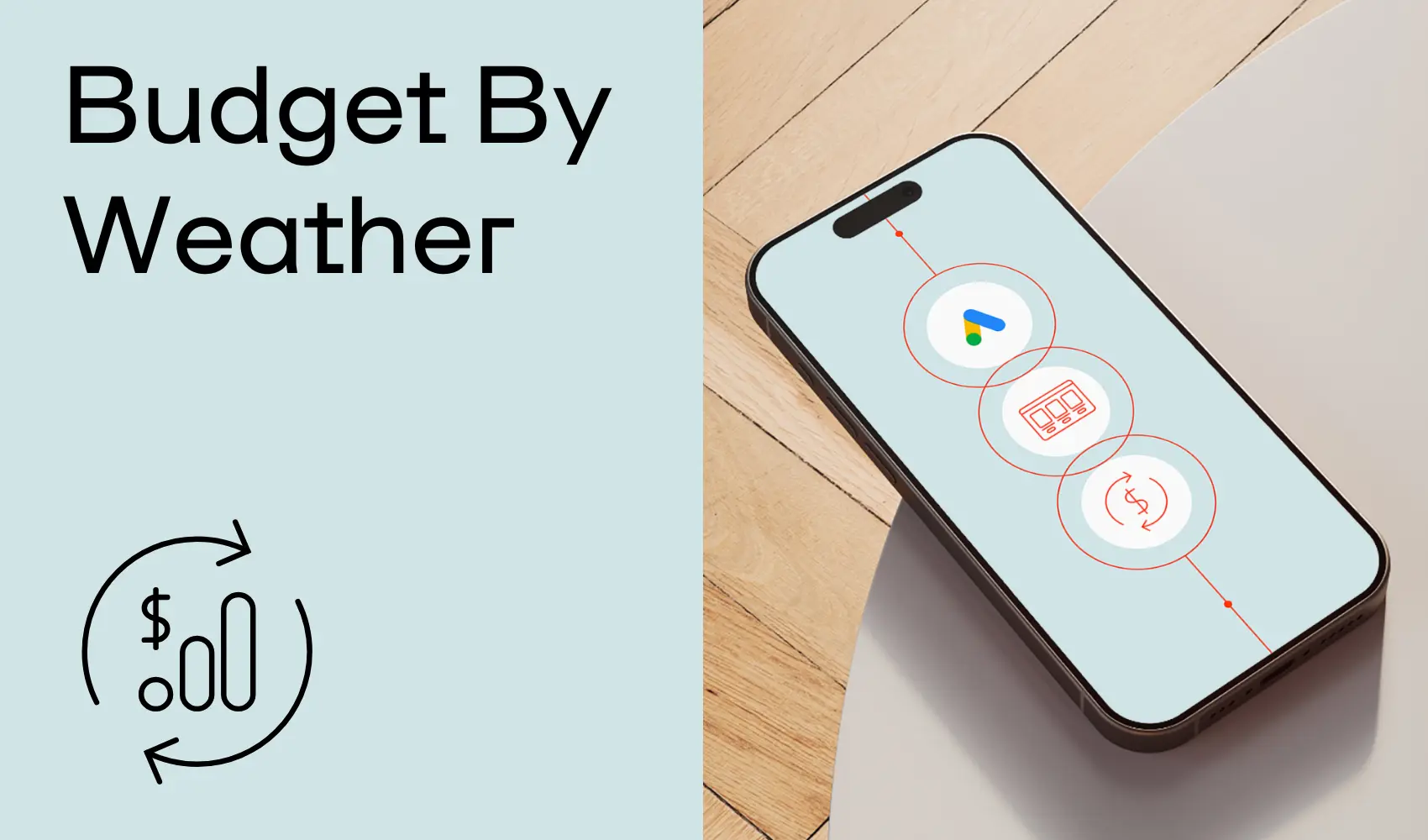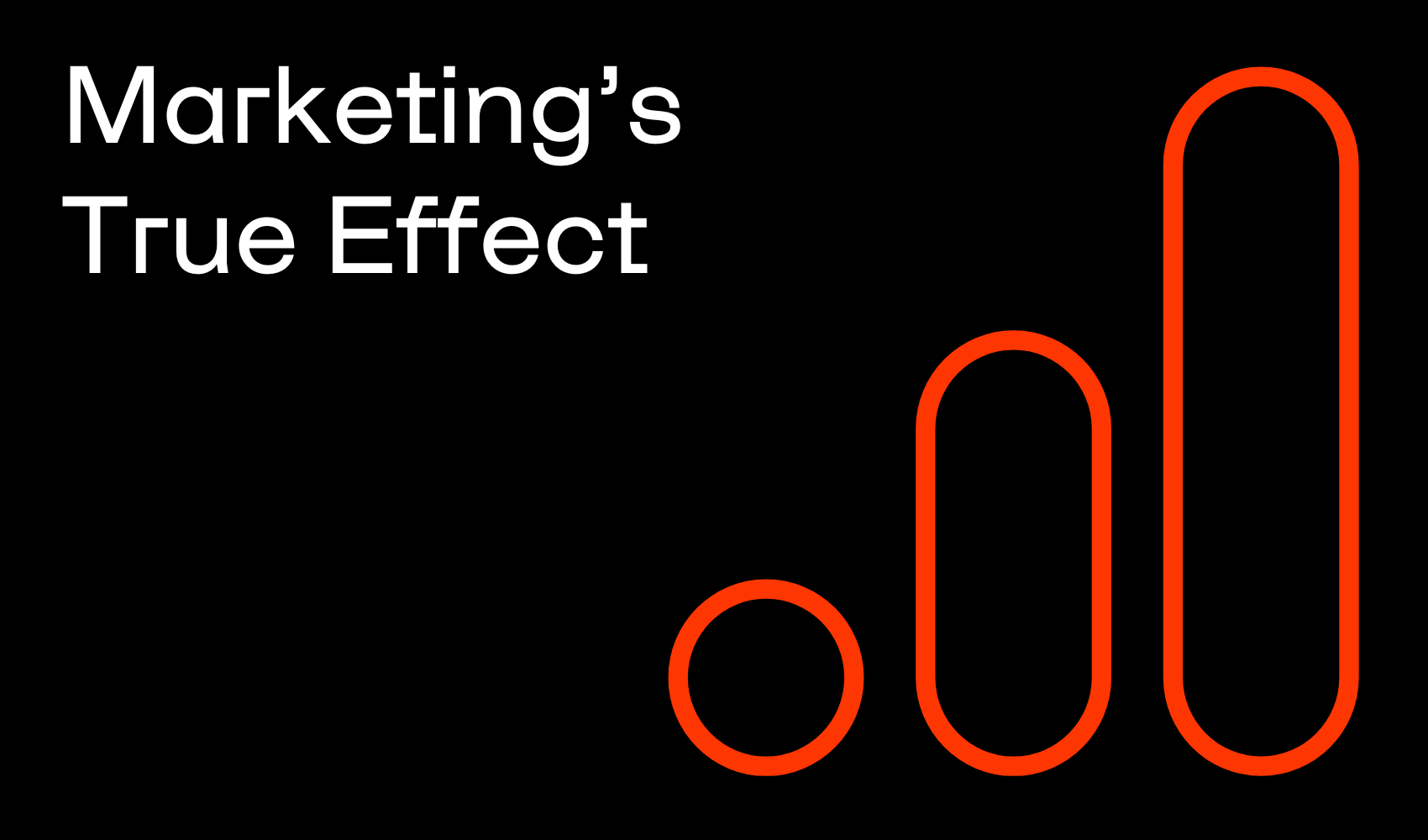The progress of AI in healthcare in 2024
2023 was the year when generative artificial intelligence – or “gen AI” – hit the healthcare industry like a breath of fresh air. Google introduced tools like WithLM and Vertex AI Search to support healthcare with solutions that make it easier for the healthcare staff. Now the technology is moving from the beta stage to real-life scenarios, where we can expect reduced administrative burdens, strengthened information access for clinics and efficiency of customer service in the healthcare industry.
2024 is the year we see this technology flourish and how it is closely linked with continued exploration in areas such as medical image processing, text-based clinical reports and voice data.
Remember, we're not just exploring technology for its own sake, but it's also about laying the foundation for a deeper understanding and efficiency in healthcare in the long term. Every step we take toward easing the administrative burden is part of a larger journey toward disruptive changes that will shape health trends for years to come.
Generative AI performs and improves administrative tasks
In the dynamic world of healthcare, the last few years have been filled with challenges. Gen AI meets some of these challenges, such as enabling faster document processing and thus reducing the workload for healthcare professionals. Not only does it ease the workload, it also helps healthcare professionals find relevant information faster and review large amounts of results with less effort. And above all, devote yourself to things that really add value, care of course.
According to World Health Organization there were approximately 28 million nurses in the world in 2020. By saving five minutes per day for each nurse, this time can be redirected to improve patient care. It's not just about saving time, but making the profession more attractive and reducing burnout to ultimately increase satisfaction and joy in medical practice.
Preparing for big Gen AI changes
Gen AI is now starting to make a difference through small steps towards transformation. Take HCA Healthcare and Mayo Clinic: two organizations implementing gen AI to improve communication and information sharing. These improvements may initially seem small, but in the long term it contributes to better care outcomes and more efficient care processes.
By compiling data from various sources and presenting it in new ways, gen AI creates opportunities to find patterns and insights that were previously hidden, which has great potential to improve patient care and public health in general.
Deepens our understanding of how gen AI can be used in healthcare
Healthcare is a complex sector where science, humanity and business operations come together. Gen AI is poised to revolutionize the understanding of these areas, which is significant for regulators, researchers, clinicians and healthcare organizations. In the short term, understanding grows, and it is with dedication and hard work that we can expect an ongoing long-term transfer of wisdom.




